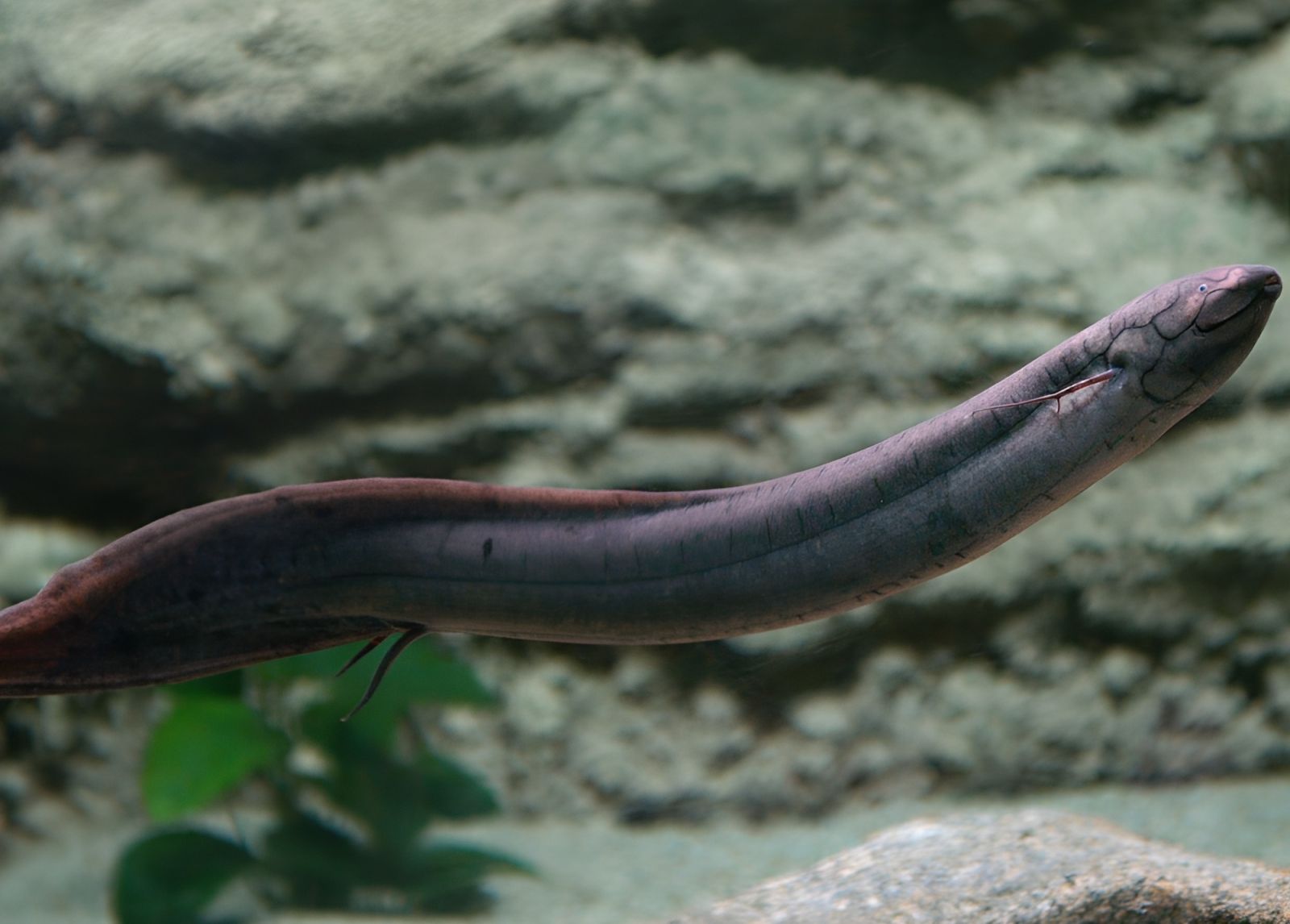Follow us on Google News (click on ☆)
Comprising 91 billion bases, it is approximately 30 times larger than the human genome but contains no more genes, roughly 20,000. The majority of this genome is made up of non-coding DNA, sometimes referred to as "junk DNA," whose function largely remains unknown.
Lungfish, including L. paradoxa, are often described as "living fossils" because they closely resemble their ancient ancestors. Since 2018, evolutionary biologists Axel Meyer and Manfred Schartl from the University of Würzburg have been working to decode the genomes of these fish to better understand vertebrate evolution. After sequencing the genome of the Australian lungfish, they turned to the South American lungfish, whose genome is twice the size of its African and Australian counterparts.
The majority of this vast genome is composed of transposable elements, also known as "jumping genes." These DNA sequences are capable of copying and inserting themselves into various locations within the genome. In L. paradoxa, about 90% of the genome consists of these repetitive sequences, compared to roughly 40% in humans. This proliferation of transposable DNA could be explained by the loss of certain essential genes, usually responsible for regulating and limiting the multiplication of these elements.
As a result of this genomic expansion, 18 out of the 19 chromosomes in L. paradoxa are each larger than the entire human genome, leading to a significant energy cost for the replication and maintenance of this enormous amount of DNA. Nonetheless, a larger genome can sometimes confer an adaptive advantage by altering gene activity according to environmental conditions.
Although L. paradoxa currently holds the record for the largest animal genome, it is possible that other species, such as the marbled lungfish (Protopterus aethiopicus), could rival it once their genome is sequenced. These discoveries provide valuable insights into the genetic mechanisms that have allowed these fish to adapt to their environment over millions of years.
